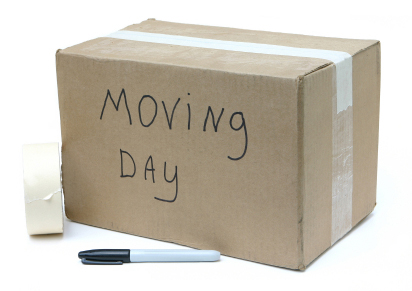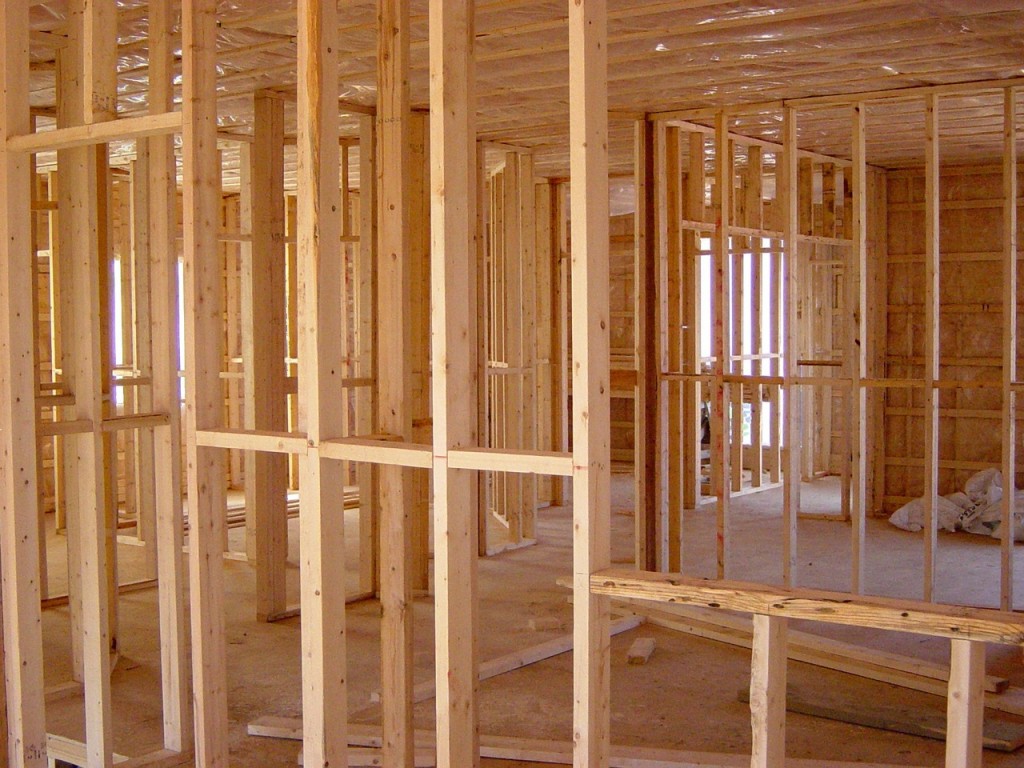While the temperatures may still be warm, summer is quickly winding down and fall with its cooler temperatures will be here before you know. Don’t let closing your pool become an afterthought. Having a pool is a huge investment in your home and one that needs proper maintenance in order to avoid it becoming a huge problem. Closing your pool isn’t as intimidating a project as many homeowners think either. Follow our tips for a smooth closing and good winter maintenance.
- Treat your water. Five to seven days before closing your pool, test your water and then treat it accordingly to bring the calcium, pH, and alkalinity into the correct range. Shock the pool with chlorine to kill any bacteria. Let the chlorine levels come back down to normal range before proceeding with your closing.
- Clean and clear your pool. Scrub the walls of the pool and then vacuum the pool. This will help keep algae at bay and make opening easier. Remove all accessories such as ladders, handrails, slides, vacuums, etc. from the pool and store them in a shed or garage away from the winter elements.
- Lower your water level. Using your filter or a separate pump, reduce the water level to below the skimmer. In the event of freezing, this will provide enough room for the water to expand without damaging your pool.
- Backwash and drain your filter system. Backwashing the filter will remove all the water in the filter. Drain all of the water lines and blow them out using an air compressor.
- Cover the pool. Using a solid, opaque cover for your pool keeps debris out of the water and reduces the ability of algae to form in the water. It also helps keep unwanted guests, namely children and animals, out of the water although you should still practice proper pool safety even in the off season.
Closing your pool the correct way will allow for an easier opening once temperatures warm back up in the spring and allow you to enjoy your pool sooner.









